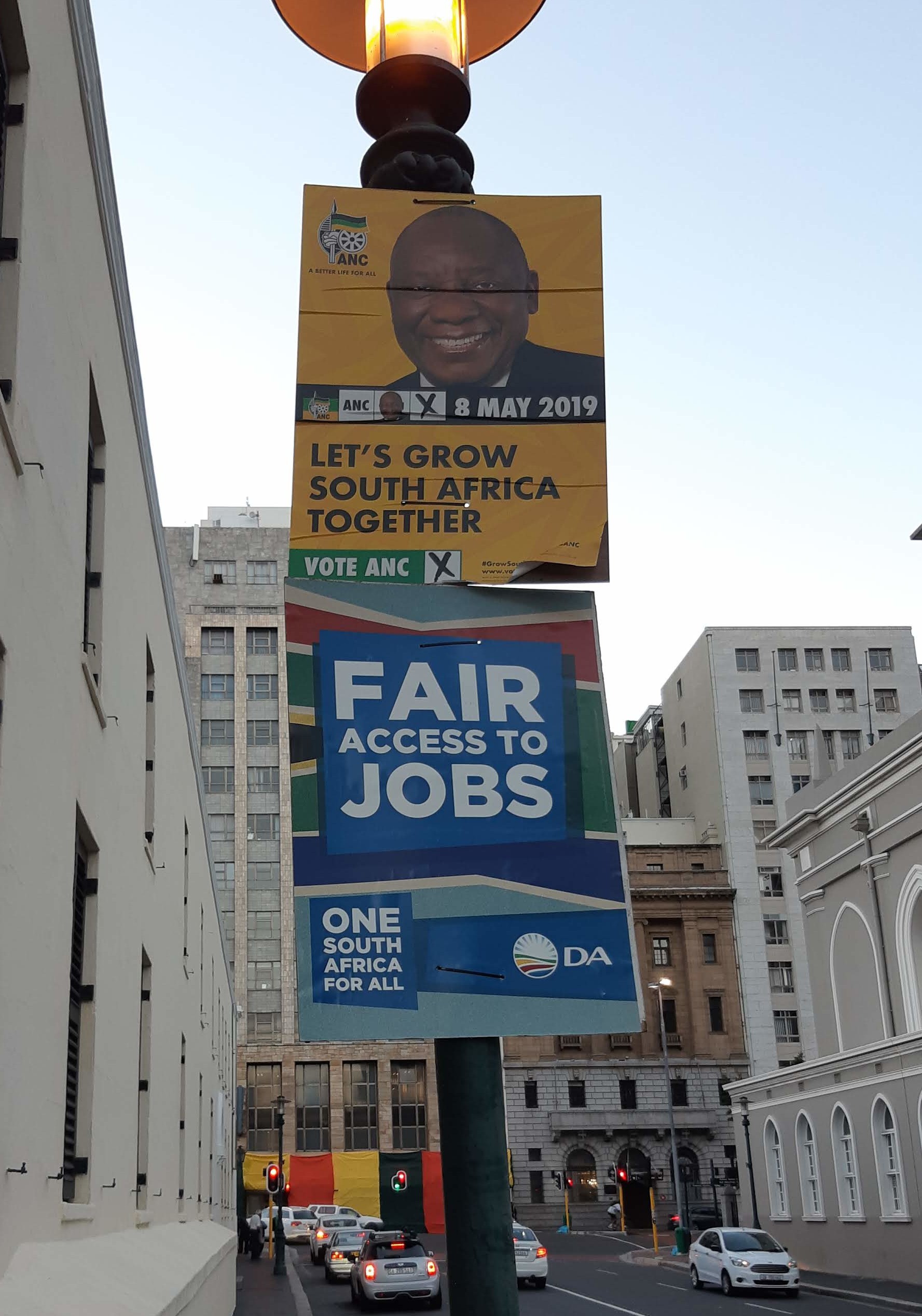Crunching the election numbers
There might be 48 political parties on this year's election ballot

THERE might be 48 political parties on this year’s election ballot, but despite the high numbers, it is actually an incredibly costly affair to get your party in the running for the national elections.
Party registration
According to the section 27(2) of the Electoral Act, Act 73 of 1998, registered political parties wanting to run in the upcoming elections had to pay R45 000 for the Provincial Assembly and R200 000 for the National Assembly. While the R200 000 is a flat rate, the R45 000 has to be paid for each of the nine provinces if the political party intends to be considered for assemblies across the country.
This brings the total to R605 000 to contest the 2019 elections – the same amount as for the 2014 elections.
This money is placed in the National Revenue Fund which is used to finance acts of Parliament when legislation is passed.
Unfortunately for those parties that lose at the polls, the money remains in the fund and they are back to square one.

Campaign finance
In addition to these costs, political parties have to budget for months of campaigning, which includes travel and accommodation costs, holding rallies, printing of promotional items and staff hire, among others.
South Africa does allow for public funding of political parties, however the amount allocated is determined by the percentage of votes received in the previous elections. This can be construed as somewhat unfair, as it allows a dominant party to continue dominating through enhanced resources, while smaller parties are left to flounder.
Then there is private funding. Because of years of opposition to the transparency of private funding, we don’t have definite figures relating to campaign costs.
However, in 2016, it was reported that the ANC spent more than R1-billion on campaigning for the municipal elections alone.
Considering the party’s waning support in light of rampant corruption and a general disillusionment with the ANC’s progress in 25 years, one can only assume the amount spent is substantially higher for these highly-contested elections.
Political party funding
In January 2019 – after tireless work by civil society activists such as MyVoteCounts and Right2Know – president Cyril Ramaphosa signed the Political Party Funding Bill into law, which means parties will be required to disclose their private funding information for all donations over R100 000 from any single donor.
The only problem for voters of this election, however, is that disclosure of these very interesting numbers will only come into effect after the 2019 elections.
So, by the time we know which parties are accepting funding from nefarious characters, any morally-compromised politicians will already be in positions of power.
While there are many benefits to disclosing donors – clamping down on corruption among them – one of the disadvantages of disclosing political party funding is that those funding smaller political parties will often only do so in the event that it remains private and confidential.
Donors don’t necessarily want their names to be made public for obvious reasons.
HAVE YOUR SAY
Like our Facebook page and follow us on Twitter.
For news straight to your phone invite us:
WhatsApp – 072 069 4169
Instagram – zululand_observer

